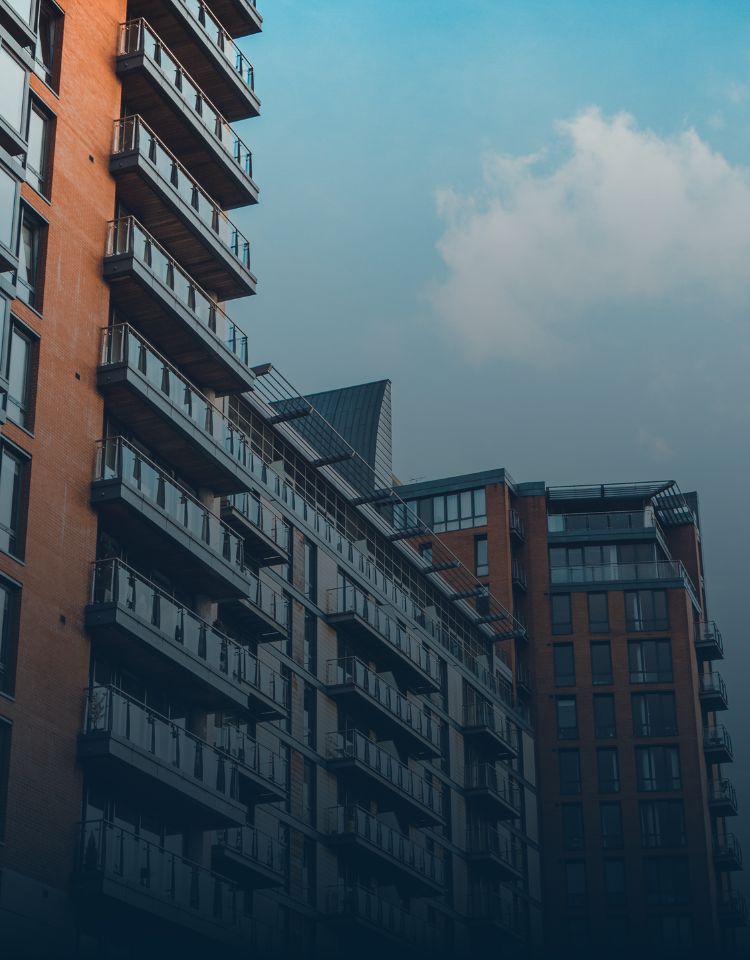Written By: Lindsay Charles and Cody Malloy, Student-at-Law
In Ontario, the Occupier’s Liability Act (“OLA”) governs the responsibilities of occupiers of real property. If you have been injured by an accident that occurred in an apartment building, the party responsible depends on where the accident happened on the property and your relation to the incident itself.
An “occupier” is defined under the OLA under section 1 as:
(a) a person who is in physical possession of premises, or
(b) a person who has responsibility for and control over the condition of premises or the activities there carried on, or control over persons allowed to enter the premises
In essence, an occupier is responsible to ensure that property within their control is reasonably safe. To be liable, an occupier must have either known or should have known about the hazard, and they failed to take steps to alleviate the hazard. It’s also common for occupier’s liability cases to have shared liability between different parties, depending on the nature of the incident.
Examples of hazards in an apartment complex that can lead to liability under the OLA include:
- Icy sidewalks (note: since the new 2020 amendment to the OLA, actions for incidents caused by snow or ice must be brought within 60 days as per section 6.1(1) of the OLA)
- Hidden hazards due to poor lighting
- Water spilled in a hallway
- Defects in flooring
- Debris in garbage areas
- Cracks in pavement or potholes in a parking lot
- Hidden ditches in grassy areas
- Sharp or loose items in halls, such as door handles and handrails
Different occupiers of apartment complexes have different responsibilities. Since there are many different areas within apartment complexes, the context of where the incident occurred is important in establishing who is liable. Occupiers of apartment complexes can include:
- The owner of the apartment complex – responsible for commons areas, such as hallways and building entrances
- The landlord of a unit – responsible for ensuring the unit is in a liveable condition
- The tenant of a unit – responsible for apparent hazards, such as spills within the unit. Tenant insurance will keep you ensured against liability claims in the event an incident occurs in your unit.
- Contractors within the complex – responsible for hazards arising out of performing maintenance or renovation services
It’s important to remember that just because you are injured in an apartment building, it doesn’t guarantee a court would find the occupier to be liable. Factors such as inspection protocols, the nature of the occupier’s conduct relative to the standard practice, the foreseeability of the danger, the length of time the danger existed, and the existence of any preventative measures are all relevant in determining the existence or extent of liability for an occupier.
It’s also important to note that there are many exceptions to an occupier’s liability. For example, an occupier does not owe any duty of care to a trespasser. Also, there is an assumption of risk for anyone participating in a recreational activity, such as swimming in the apartment pool or playing basketball in the common court. If a hazard was created by a contractor doing a renovation on a unit, then the contractor may he held at least partially liable. Another factor could be the state of mind of the injured party. For example, if a guest slips and falls but is under the influence of alcohol, then this could reduce the liability apportioned to an occupier.
Victims of occupier’s liability incidents can suffer serious damages due to their injuries. Claims for lost wages, medical bills, future care costs and housekeeping services are all examples of damages that occupier’s liability plaintiffs can claim. At McLeish Orlando, we have years of experience representing plaintiffs in occupier’s liability actions. If you have been injured in an apartment complex, do not hesitate to contact us for a free consultation.





